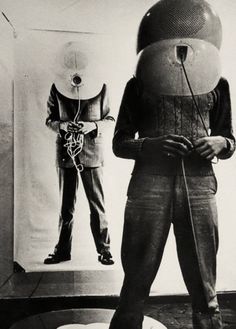Wearables that track workers are, for now, mostly optional. Some employees get rewards for voluntarily attaching themselves to gadgets that provide real-time feedback to their bosses. But that trend toward quantification seems clear, especially in countries where unions are weak and good jobs may grow scarcer with increased automation. Even for that contingent job, you may need to surrender to the nudge of modern technology. It’s a further Uberization of the workforce.
From Sarah O’Connor at the Financial Times:
Technology has made it possible for employers to monitor employees more closely than ever, from GPS trackers for delivery drivers to software that tracks which websites office workers visit. Companies such as Profusion think wearable gadgets could open a new frontier in workplace analytics, albeit one that would further blur the lines between our work and private lives.
“I think there’s an inevitability that it will gain ground, and there’s a backlash risk that will follow if the data get abused,” says Mr Weston.
For employers, the simplest way to use wearable gadgets (and so far the most common) is to give them to staff and try to nudge them into healthier lifestyles — a financially worthwhile goal if the company is on the hook for their health insurance. BP, for example, gives Fitbits to workers in North America and offers them rewards if they meet activity targets. Indeed, one of Fitbit’s five strategic goals is to “further penetrate the corporate wellness market”, according to its IPO prospectus. Wearables could also be straightforward tools.
But the bigger prize is to use the data from such devices to make the workforce safer or more productive. Some warehouse workers already wear wristbands or headsets that measure their productivity and location in real-time.•
Tags: Sarah O'Connor

